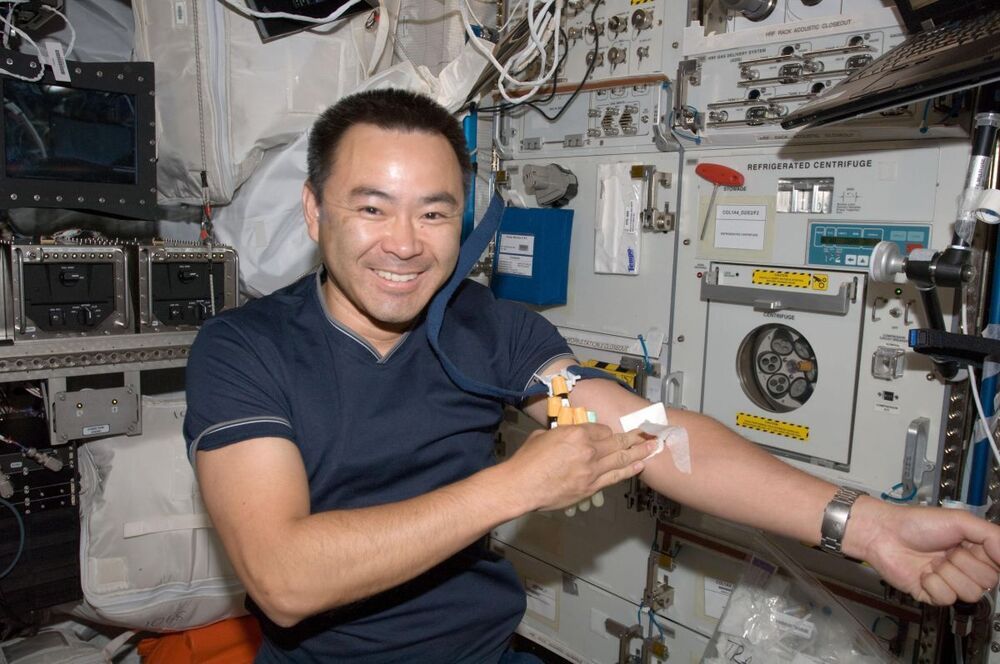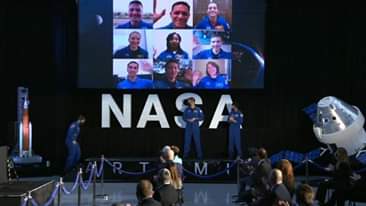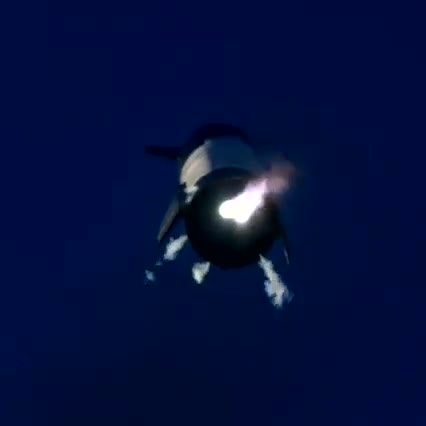A collection of 29 papers, 19 of which were published Nov. 25, has advanced our knowledge of how spaceflight affects the human body farther than ever before.




A new ‘superhighway’ network running through the Solar System has been discovered by astronomers, and it could speed up space travel in the future.
Researchers from the University of California San Diego looked at the orbits of millions of bodies in our Solar System and computed how they fit together and interact.
The highways allow objects to move through space much faster than previously thought possible – for example, travelling between Jupiter and Neptune in under a decade.
A future manned mission to Mars might require mankind not just to improve its technological capabilities but also to tweak human DNA a bit in order to help them cope with inhospitable conditions there, space.com reports.
To the moon — from dream to reality | space documentary.
Between 1969 and 1972 twelve men walked on the surface of the moon. It was seen as the first chapter in an ambitious program of space exploration. But what started with NASA’s Apollo missions ended with the Apollo missions. Humanity’s boldest venture is now 50 years in the past. To The Moon — From Dream To Reality looks back at the people and the technology of the Apollo era.
Subscribe Free Documentary Channel for free: https://bit.ly/2YJ4XzQ
Facebook: https://bit.ly/2QfRxbG
Twitter: https://bit.ly/2QlwRiI
▬▬▬▬▬▬▬▬▬
#FreeDocumentary #Documentary #ToTheMoon.
▬▬▬▬▬▬▬▬▬
Free Documentary is dedicated to bringing high-class documentaries to you on YouTube for free. With the latest camera equipment used by well-known filmmakers working for famous production studios. You will see fascinating shots from the deep seas and up in the air, capturing great stories and pictures from everything our beautiful and interesting planet has to offer.
Enjoy stories about nature, wildlife, culture, people, history and more to come.

This week at NASA:
👨🚀 Vice President Mike Pence announced NASA’s Artemis Program astronauts.
🛰 SpaceX’s updated cargo Dragon docked with the International Space Station.
🌊 Sentinel-6 sent back its first sea measurements.
🚀 NASA’s Space Launch System rocket updates.
🔬 #Artemis III science priorities.
Take a look at these stories and more: https://go.nasa.gov/3gFa6U7
Watch Elon Musk at the WSJ CEO Council Summit talk about future plans for Tesla and SpaceX. Musk also reveals why he moved to Texas and shares his advice for business leaders.
More from the Wall Street Journal:
Visit WSJ.com: http://www.wsj.com.
Visit the WSJ Video Center: https://wsj.com/video.
On Facebook: https://www.facebook.com/pg/wsj/videos/
On Twitter: https://twitter.com/WSJ
On Snapchat: https://on.wsj.com/2ratjSM
#WSJ #Tesla #SpaceX


Japan’s government to join forces with industry to supercharge development.
TOKYO — A trip of 500 km on one charge. A recharge from zero to full in 10 minutes. All with minimal safety concerns. The solid-state battery being introduced by Toyota promises to be a game changer not just for electric vehicles but for an entire industry.
The technology is a potential cure-all for the drawbacks facing electric vehicles that run on conventional lithium-ion batteries, including the relatively short distance traveled on a single charge as well as charging times. Toyota plans to be the first company to sell an electric vehicle equipped with a solid-state battery in the early 2020s. The world’s largest automaker will unveil a prototype next year.
The electric vehicles being developed by Toyota will have a range more than twice the distance of a vehicle running on a conventional lithium-ion battery under the same conditions. All accomplished without sacrificing interior space in even the most compact vehicle.